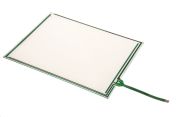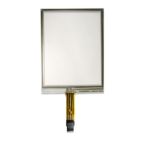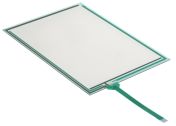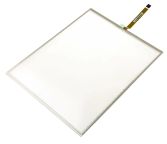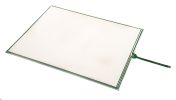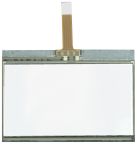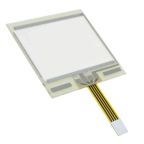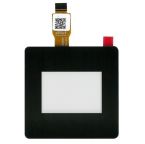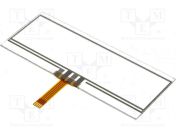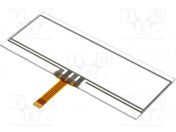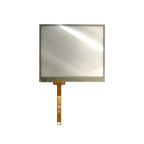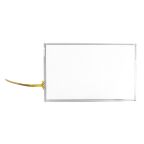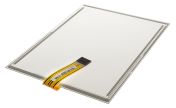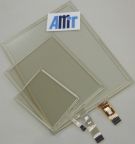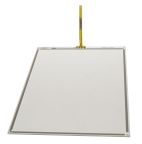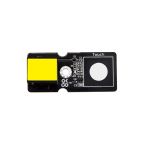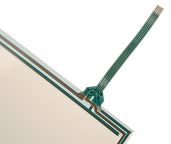Touch Screen Overlays
A touch screen sensor is the part of a touch screen device that takes an input from the display screen and translates it into a suitable output action. Touch screen sensors are layered on top of electronic visual displays and allow direct interaction with the information shown there. Some touch screens require special equipment, such as a stylus, while most can be operated using your fingers.
What are touch screen sensors used for?
Touch screen sensors are used in mobile technology, gaming, point-of-sale systems and other industrial applications.
Types of touch screen sensors
Resistive touch screen sensors work by using two layers of material to measure a change in the resistance on the screen, which is then translated into an electronic signal. These are often used alongside industrial monitors, for example, as they can be operated while wearing gloves.
Capacitive touch screen sensors consist of a pane of glass covered in a conductive material. The electrostatic field of the screen is disturbed when touched, and this is interpreted as an input. Capacitive touch screens require little pressure and are very sturdy.
Related links
- AMT 9545 7in 4-wire Resistive Touch Screen Overlay, 154.9 x 93.9mm
- Okdo TS2141-A Capacitive Touch Screen Sensor
- DMC Co Ltd AST-121A080A 12.1in 4-wire Resistive Touch Screen Overlay, 251 x 189mm
- DMC Co Ltd AST-084A080A 8.4in 4-wire Resistive Touch Screen Overlay, 177 x 136mm
- AMT 9501 6.4in 4-wire Resistive Touch Screen Overlay, 133.6 x 101.4mm
- DMC Co Ltd AST-065B080A 6.5in 4-wire Resistive Touch Screen Overlay, 139 x 104mm
- AMT 9536 8.4in 4-wire Resistive Touch Screen Overlay, 174 x 131.5mm
- AMT 9534 12.1in 8-wire Resistive Touch Screen Overlay, 250 x 188mm
